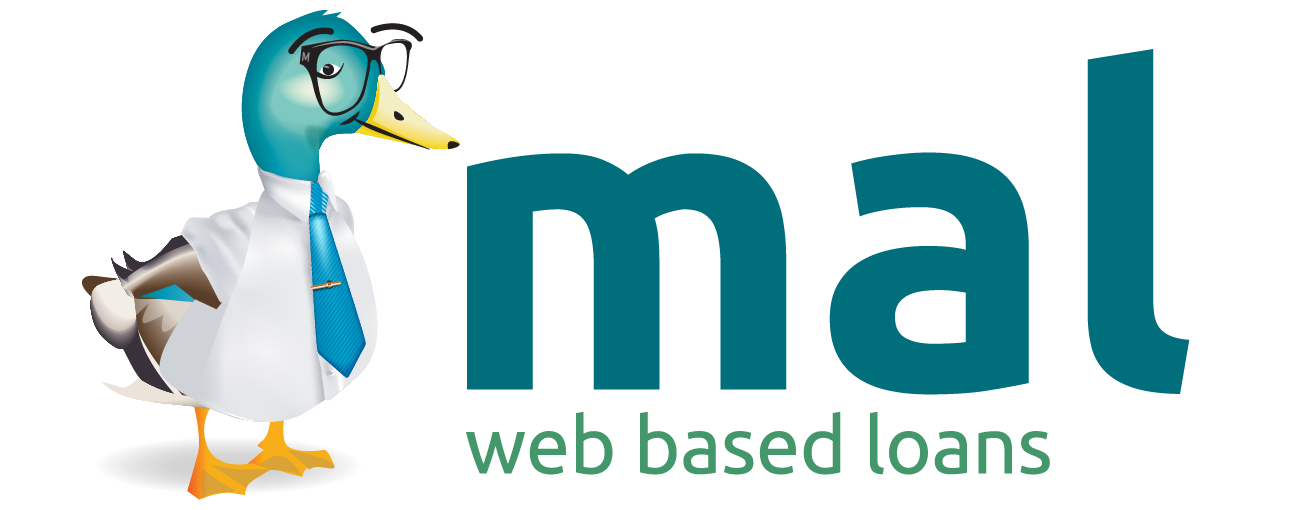
The pros and cons of secured vs. unsecured loans
When you’re in need of financial assistance, loans can be a valuable resource. However, before you borrow, it’s essential to


Enter a few details about what you are looking for.
Save money by comparing instant quotes online.
You can then apply online and your application will be processed directly by the loan provider.
From dental surgery to physiotherapy, fertility treatments to cosmetic procedures, medical costs can vary widely. A medical loan gives you the flexibility to pay for the care you need, when you need it — without draining your savings.
Borrow for a wide range of private medical treatments
Spread the cost with fixed monthly repayments
Compare lenders with one quick, secure form
No pressure, no hidden fees — just clear, honest options

Medical loans are versatile and can cover a wide range of healthcare-related costs. Whether you’re looking for urgent care or planning ahead, loans can often be used for:
Private consultations or surgery — including orthopaedic, urology, ENT, and more
Cosmetic procedures — from laser eye surgery to aesthetic treatments
Dental work — including implants, crowns, braces, and major procedures
Fertility treatments — such as IVF and IUI, whether in the UK or abroad
Mental health support — including therapy, counselling, or private psychiatry
Rehabilitation — including private physiotherapy or recovery support
Diagnostic tests — such as MRIs, CT scans, or private health checks
Medical loans can be helpful, but it’s important to understand the full picture before making a decision.
Taking on debt to pay for healthcare is a personal choice, and you’ll need to be confident you can afford the monthly repayments. Compare the loan term, total repayment amount, and interest rate to see what fits your budget. You should also check if the treatment provider requires payment upfront or in stages.
Be mindful of using credit for non-urgent procedures, especially if the cost could be met through savings or interest-free options. And always speak with the clinic or provider first — they may offer payment plans or advice on funding.
A medical loan may be suitable if you’re facing a healthcare cost that can’t be delayed and don’t have the funds available upfront. It can also be helpful if your treatment falls outside NHS eligibility or wait times are affecting your quality of life.
However, not all treatments require borrowing. Before applying, consider whether this is an urgent need, whether you’ve explored payment plans or insurance options, and if the repayments fit comfortably within your monthly budget.
Taking out a medical loan is a personal decision — one that should be based on both financial readiness and your healthcare priorities.

When you’re in need of financial assistance, loans can be a valuable resource. However, before you borrow, it’s essential to

Getting a loan when you have a poor credit rating can be a challenge, but all is not lost –

Choosing the right type of loan is a critical financial decision that can significantly impact your financial well-being.
Think carefully before securing other debts against your home. Your home may be repossessed if you do not keep up repayments on a mortgage or any debt secured against it.